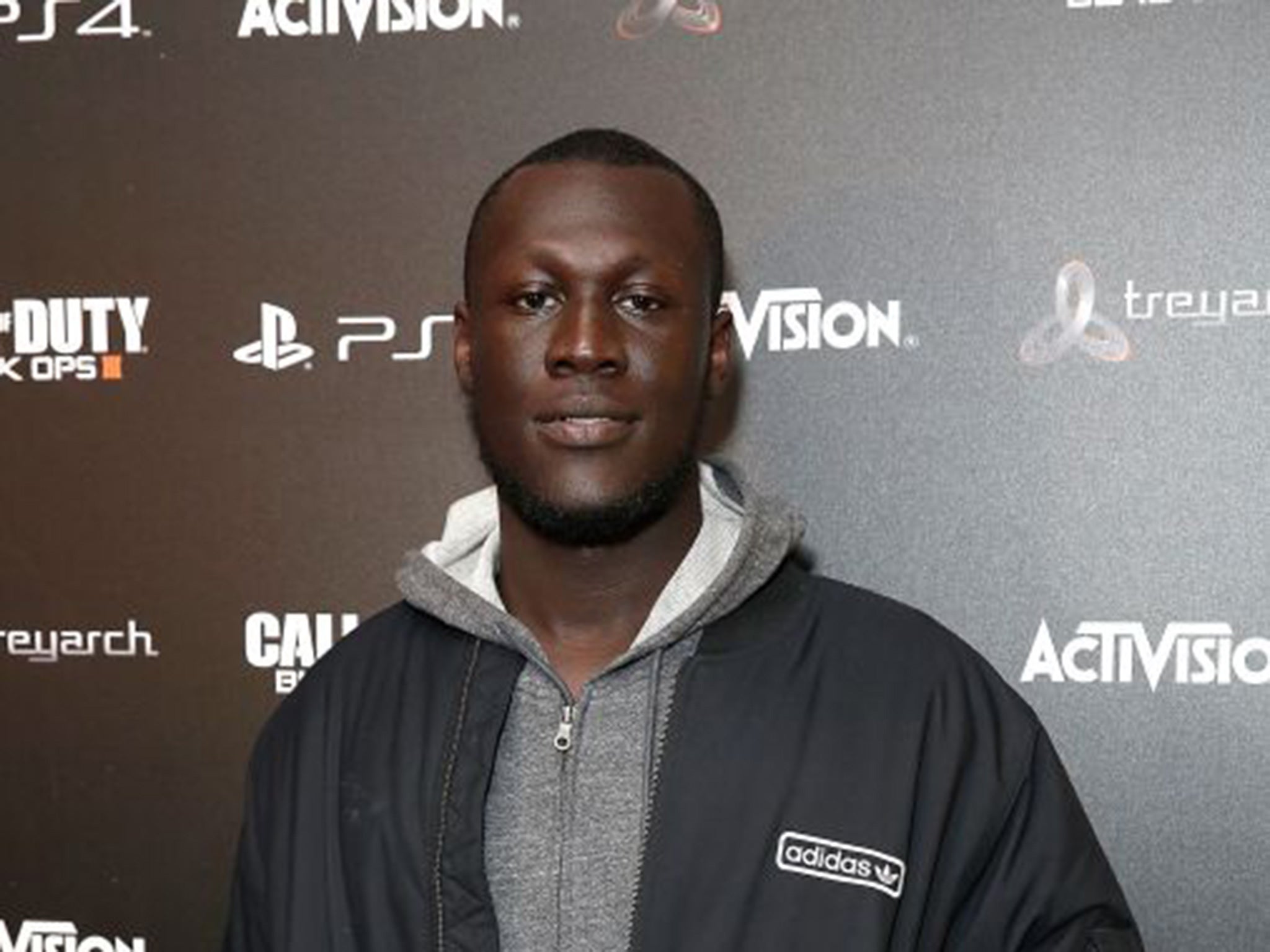What the NME did to Stormzy was common practice – but that doesn't make it right
'What’s the big deal?' you might say. A celebrity says something publicly and someone else reports on it – happens all the time! And that’s certainly true, but if, as the NME replied, they were 'not trying to shift copies, just talk about something important', why didn't they tell him?

In what appears to be the latest episode of “the commercialisation of wokeness: a tragicomedy” – a strange surreal play we’ve all apparently been living in this last decade – yesterday, the NME was forced to apologize to chart-topping rapper, Stormzy.
Wokeness, for the uninitiated refers to “stay woke”, a slang term encouraging people to be active and aware of how politics shapes their everyday world and identity. And in 2017, everyone is rushing to sell it.
The latest dispute unfurled over Twitter, when Stormzy responded to a tweet from the NME notifying its audience that the new edition was out: “You lot know I don’t rant or open my mouth up for no reason but serious NME magazine are the biggest bunch of sly, foul PAIGONS [sic]… They’ve used me on their cover without my permission. Depression is a very very sensitive issue”.
The cover story of the issue is a feature that pulls together various interview snippets from major musicians discussing their battle with depression. Stormzy is included in this feature, and as such, the magazine used a picture of Stormzy on the cover… without his knowledge. “Depression: It's Time to Talk” is emblazoned across the front page in block capitals, with “Wise words from Stormzy, Gaga, Bastille & more” written underneath. An image of Stormzy with his hands clasped was used on the cover for illustration.
This practice is actually fairly common in journalism. Magazines pay to use images of celebrities all the time without expressly telling them when they’re used, but the impression readers take away when they see a household name on the front cover – especially given the prestigious heritage of the NME – is that the cover star was photographed and interviewed by the title for the issue.
Stormzy wasn’t. Instead the piece used quotes from a previous interview with Channel 4 and one other magazine, in which he discusses his depression in reference to a track (‘Lay Me Bare’) from his new album Gang Signs and Prayers.
So what’s the big deal? A celebrity says something publicly, i.e. on the record, and someone else reports on it – happens all the time! And that’s certainly true, but if, as the NME replied, they were “not trying to shift copies, just talk about something important” – if they were doing it for the cause, rather than the coin – it begs the question: why didn’t they contact Stormzy as a matter of courtesy?
Discussing depression carries many taboos, and can be a difficult topic especially for young black men. Stormzy has been extremely selective and tight-lipped on the subject, and it is after all his right to discuss his own battles on his own terms. Knowing this – and the NME would have known, having worked with mental health charities on the feature – you might think they ought to let someone from Stormzy’s team know ahead of the issue going to print.
Sure, it could have been a mistake, an oversight. That does happen. And yes, overall it will be good for people to see their heroes speaking out on the issue – but it’s not cynical to raise questions about whether the NME stands to gain from running the feature and running the image, despite their assertion to him that hey, they’re the little guy, they’re just a “free magazine” (they’re owned by Time Inc, one of the biggest publishers in the world).
Stormzy said that the NME had been “begging” him to be on the cover for some while, and he presumably felt they exploited his comments to get him on the cover in a roundabout way. No doubt the situation was worsened by the grime world’s apparent suspicion towards the NME as a magazine – many accuse it of playing a “jumping on the bandwagon” game, arguing that it didn’t offer any coverage or support for years and then, when they did come, they were controversial and wrong, and appeared to be playing into stereotypes of criminals and thugs.
And that’s the thing: for certain brands, positivity, heartfelt narratives, giving people something to get behind by spending their money does work from an advertising point of view. Pointing that out doesn’t make you wrong, and certainly doesn’t negate the roles these campaigns play in raising awareness – but sometimes you have to take claims about their good intentions with a heavy pinch of salt.
Take skin care brand Dove for example, and the ‘Love the Skin You’re In’ campaign. Dove is owned by Unilever, a company that also sells skin-whitening creams in India by the gallon. Nice.
We’ve seen loads of these emotive, empowerment-style approaches to marketing women’s products and we’re now seeing that diversify across health, race and LGBT issues. But next time a brand uses #empowerment to sell products to women, ask yourself: “How many women sit on their board of directors?” or, “How good is the maternity pay in the company?” because if a company doesn’t live by its values, it really is just advertising that we’re falling for.
And perhaps worse, it is exploitation of the good work, the difficult work, the proper work people are actually doing in that area, like Stormzy. His anger is entirely justified.

Join our commenting forum
Join thought-provoking conversations, follow other Independent readers and see their replies